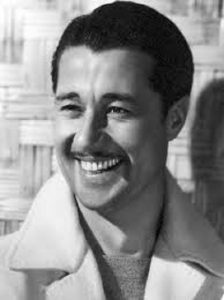Why is Lincoln important? It’s obvious. Abraham Lincoln has got to be, as he puts a stop to slavery, at the end of the Civil War, 1865.
Daniel Day-Lewis
Daniel Day-Lewis plays Abraham Lincoln.
Day-Lewis first appeared in feature films in Gandhi (1982, Britain) as the guy on the street who stops Gandhi in his steps, in South Africa. It wasn’t a sympathetic bit-part.

Day-Lewis made headlines in independent movies with My Beautiful Launderette, in 1985.
Then as Oscar winner for My Left Foot (1989, Britain), There Will Be Blood (2007, USA) and Lincoln.
The occasional feature film actor, who takes time off the screen to apparently do his other job, plays different characters. With Abraham Lincoln, he is utterly convincing, in the shirt, shoes and soul of the former President.
The meaning of abolition
Like the other anti-slavery film of the time, 12 Years a Slave (2013, USA), the anti-slavery theme is a perennial.
The anti-slavery soul of Lincoln is great–abolition. Abolish, do away with, be done with, end, and end slavery for good.
The theme of abolition or abolishing–doing away with or be gone with–has connotations in almost everything that enslaves and oppresses.
Lincoln shows that with sheer, dogged determination, abolishing slavery was within reach.
The determination of the key character makes justice obtainable in difficult circumstances, if keeping on, keeping on.
Warnings–contains violence and profanity
Daniel Day-Lewis (Abraham Lincoln), Sally Field (Mary Todd Lincoln), David Strathairn (William Seward), Joseph-Gordon Levitt (Robert Lincoln), Hal Holbrook (Preston Blair), Tommy Lee Jones (Thaddeus Stevens)

